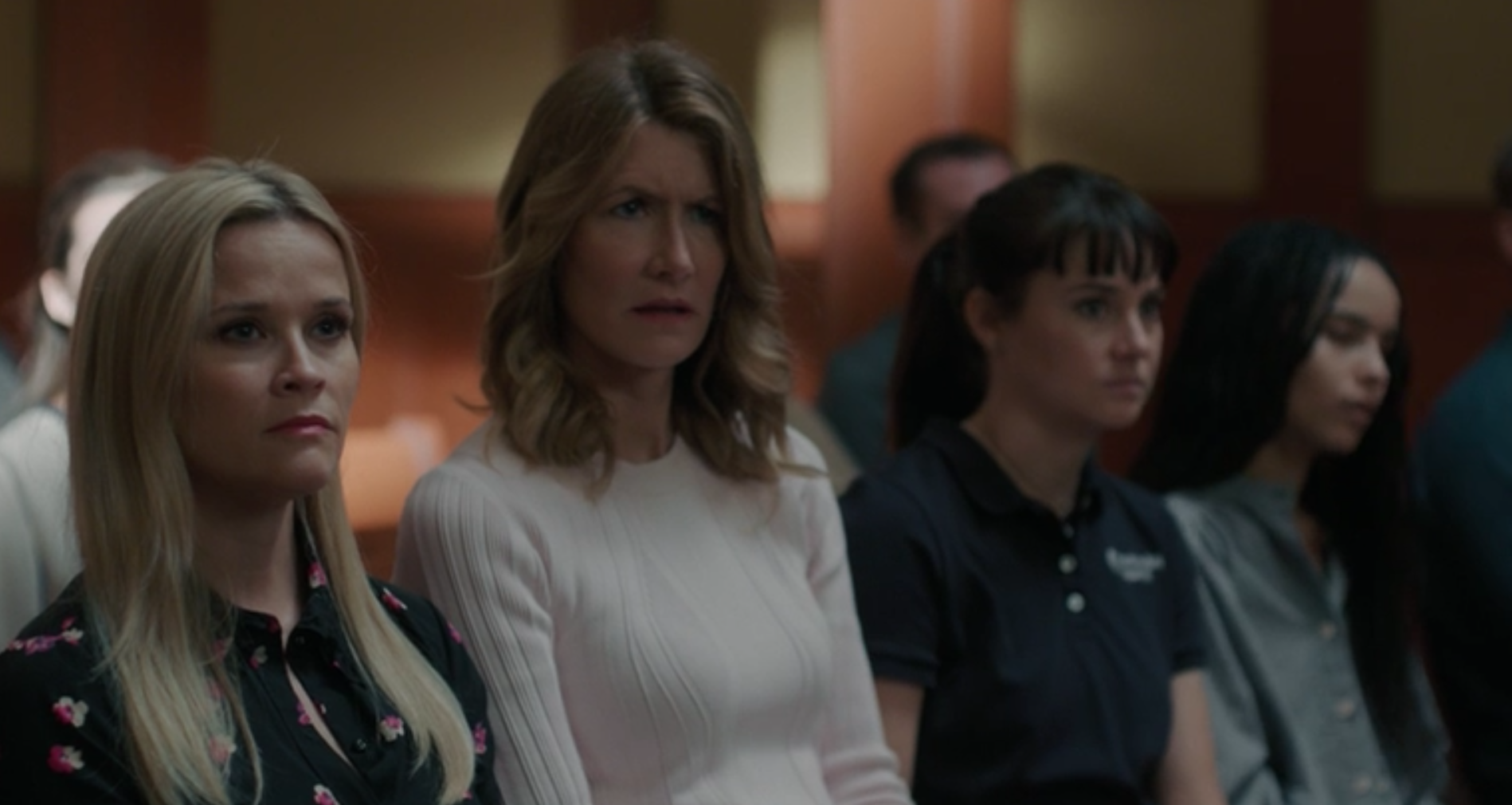‘Big Little Lies’ Failed to Recreate the Magic of Its First Season

Credit to Author: Avery Stone| Date: Mon, 22 Jul 2019 18:42:48 +0000
“The lie is the friendship.”
This statement, uttered by Nicole Kidman’s Celeste during the Big Little Lies second season finale on Sunday, was meant to comfort Madeline (Reese Witherspoon) the night before Celeste found out whether she’d lose custody of her children to their grandmother, Mary Louise (Meryl Streep). In their heart-to-heart, Madeline expresses regret over suggesting the Monterey Five cover-up Perry’s (Alexander Skarsgard) death in the finale of the first season. Celeste’s response—that the real lie is the friendship between five women with a shared secret rather than the secret itself—was the truest line of the season.
Shared trauma and grief don’t always bond people—they can also alienate, isolate, and even destroy relationships. So in this season, it makes sense that the Monterey Five don’t lean on one another for emotional support in the wake of Perry’s murder. In contrast to the first season, in which the lives of the women become increasingly entangled leading up to the finale, these seven new episodes find each woman grappling with issues in their distinct family units. Celeste faces losing her two children, Max and Josh, to Mary Louise; Madeline attempts to repair her marriage with her husband, Ed, after an affair; Jane (Shailene Woodley) struggles to open up to a new boyfriend in the aftermath of her rape at the hands of Perry; Renata (Laura Dern) learns her husband has bankrupted them and must pick up the pieces; and Bonnie (Zoë Kravitz), reeling at the guilt of physically pushing Perry, is visited by her abusive mother, who has a stroke and eventually dies. (It is worth noting that, as argued by Shamira Ibrahim in The Atlantic, it is Bonnie’s storyline that’s the most underdeveloped—plus, the show shies away from exploring her experiences as a young Black woman in an overprivileged, mostly white environment.)
Separating the women from each other makes sense given the circumstances, but there’s a big problem with it. The whole second season is plotted around a single question that hinges wholly on their group dynamic: will their secret come out?
In 2016, the Netflix series Bloodline, a show about a dysfunctional, tragedy-ridden family in the Florida Keys, faced a similar set of circumstances after its first season. In that finale, three siblings—John (Kyle Chandler), Kevin (Norbert Leo Butz), and Meg (Linda Cardellini)—agree to cover up John’s murder of their youngest brother, Danny (Ben Mendelsohn). Like Big Little Lies, Bloodline’s second season was a very slow burn that dealt mostly in flashbacks to Danny—who, like Perry, was the show’s most destructive character. What made Bloodline work was the Rayburn siblings’ chemistry as a group and how they squirmed, together, under the weight of their lie. The first season of Big Littles Lies worked because of the building tension leading up to the Perry’s murder; the second season flagged because the Monterey Five weren’t even on camera enough together to grapple with its aftermath. Their friendship may be the big lie, as Celeste says, but that lie needs to be sorted. (It is also difficult to view the show’s second season without keeping in mind IndieWire’s recent report that its director, Andrea Arnold, lost creative control of the seven episodes during post-production; sources claimed that the stylistic choices and episode lengths were changed to mimic the style of the first season director, Jean-Marc Vallée.)
Of course, the show’s second season, like the first, is still anchored by excellent performances from each of its lead actresses. These performances range from heart-wrenching (Woodley’s dissolving into sobs as she and her boyfriend begin to get intimate) to over-the-top (Dern’s blood-curdling scream at her husband of “I will not not be rich” is perhaps the show’s most GIFable moment) to defiant (Kidman’s evisceration of Streep’s Mary Louise in last night’s courtroom face-off). But even so, it essential to see how the women relate to each other as their secret bubbles closer and closer to the surface. Would their unified front hold up, or would there have been a betrayal?
Some critics have already suggested that Big Little Lies didn’t even need a second season at all. However, the show is still a timely exploration of the ways that trauma, grief, and abuse can drive people apart while infiltrating the most private parts of their lives. This is illustrated especially well in the finale, when Celeste discovers, while looking through videos on her family iPad, that her young sons had accidentally videotaped Perry physically assaulting her. When she later shows that footage in the courtroom, Madeline apologizes, lamenting that she had no idea the abuse was that severe. “It’s cause I didn’t tell you,” Celeste says. “No, I should have known, Celeste,” argues Madeline. “I’m your best friend. I should have felt something.” This conversation felt like a turning point, but it arrived too late in the game. The season was short on moments that explored how these women’s relationships to each other had shifted.
By the end of the finale, the women’s individual storylines resolve themselves: Celeste wins custody of her children, Mary Louise drives off into the night, Madeline renews her vows, Renata denounces her husband, and Bonnie tells her husband she’s not in love with him. They do so just in time for the women to reunite one last time: heading into the police station—to confess, presumably. With a third season looking very unlikely, it doesn’t appear that we’ll ever know what transpires between the five women from here on out, and that’s the truest shame.
This article originally appeared on VICE US.